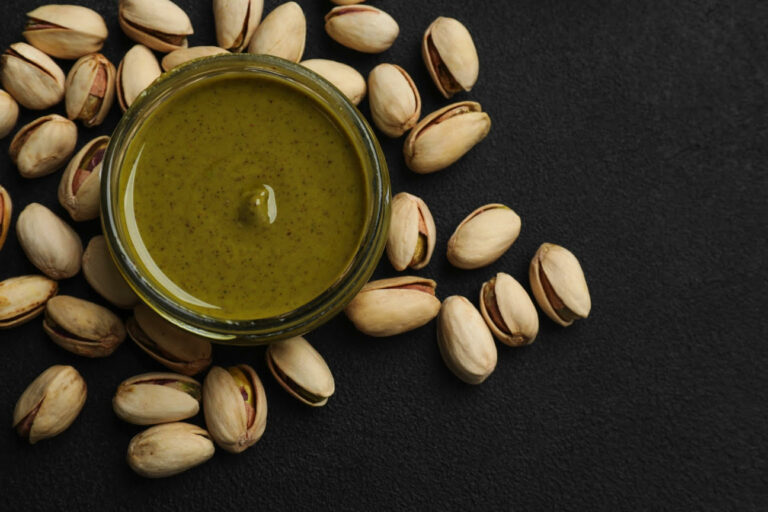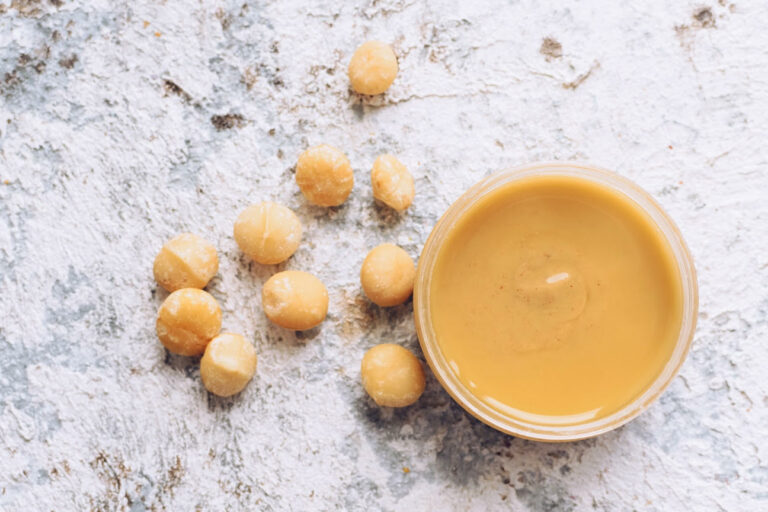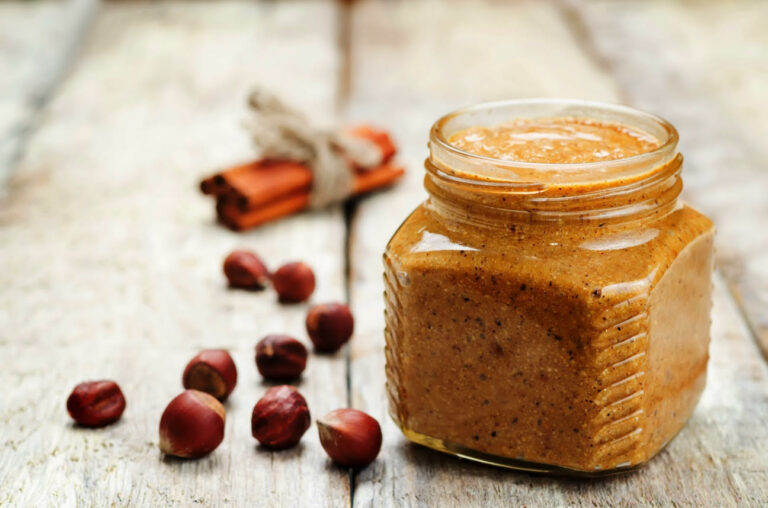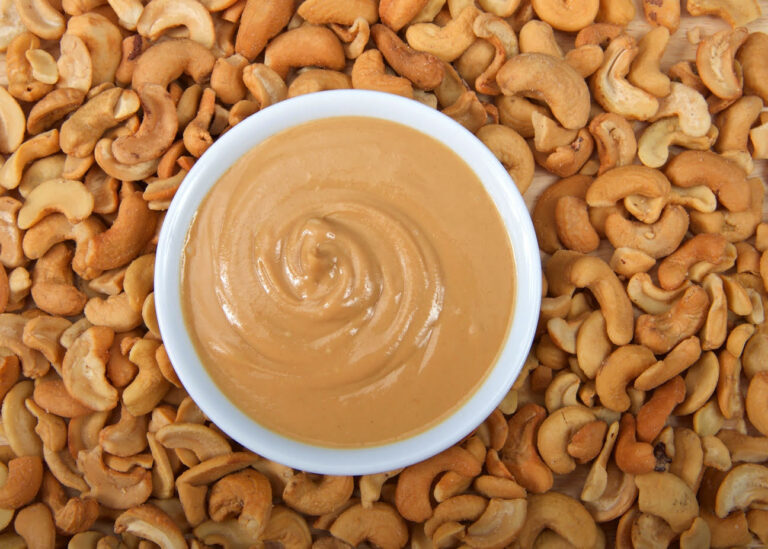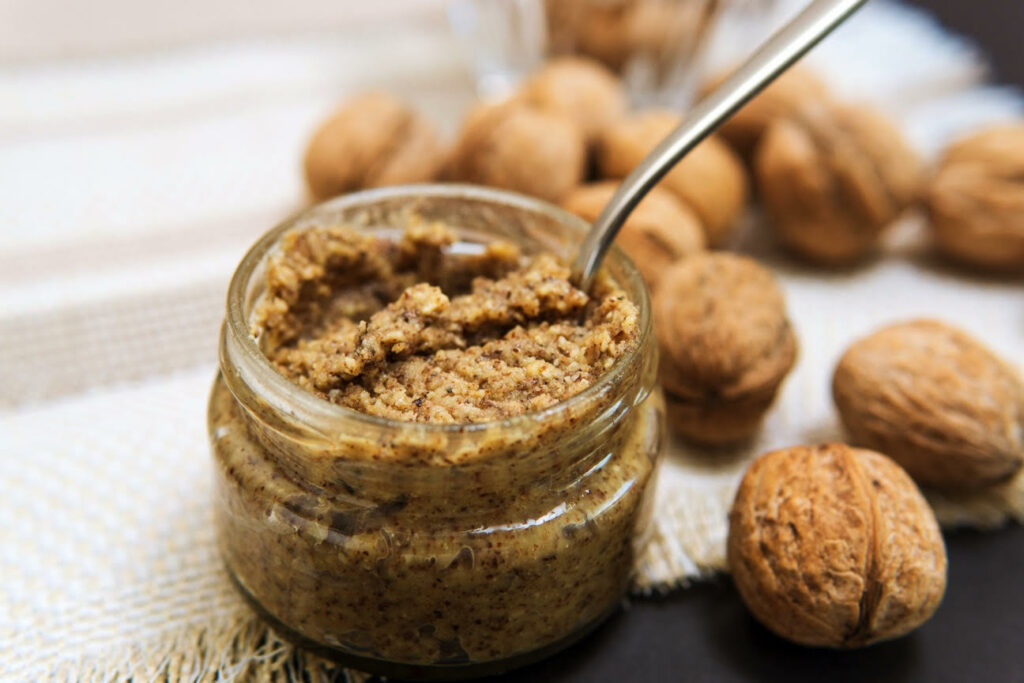
In the world of nut butters, walnut butter often takes a backseat to its more popular counterparts like almond and peanut butter. However, this unsung hero of the nut butter family deserves its moment in the spotlight. Walnut butter, with its unique flavor profile and impressive array of health benefits, is a versatile addition to any kitchen. In this article, we will delve into the world of walnut butter, exploring its origins, nutritional value, and the numerous ways it can elevate your culinary experience.
The Origins of Walnut Butter
Walnuts, which are the main ingredient in walnut butter, have a rich history dating back to ancient Persia. They were highly prized for their exquisite taste and reputed health benefits. Over time, walnuts made their way to Europe and eventually to North America, where they became a staple in various cuisines.
The Nutritional Profile
- Omega-3 Fatty Acids: Walnut butter is a powerhouse of omega-3 fatty acids, specifically alpha-linolenic acid (ALA). These essential fats are crucial for heart health, brain function, and reducing inflammation in the body.
- Antioxidants: Walnuts are packed with antioxidants like polyphenols and vitamin E. These compounds help combat oxidative stress, protect your cells from damage, and promote overall well-being.
- Protein: Walnut butter provides a moderate amount of plant-based protein, making it an excellent choice for vegetarians and vegans. Protein is essential for muscle repair, growth, and overall body function.
- Fiber: Fiber aids in digestion, promotes a feeling of fullness and helps regulate blood sugar levels. It contains a respectable amount of dietary fiber.
- Healthy Fats: While walnuts are calorie-dense, the majority of their fat content consists of monounsaturated and polyunsaturated fats, which can support heart health when consumed in moderation.
Health Benefits
- Heart Health: The omega-3 fatty acids in walnut butter can help reduce the risk of heart disease by lowering LDL (bad) cholesterol levels and reducing inflammation in the arteries.
- Brain Function: The omega-3s and antioxidants in walnut butter are known to support cognitive function and may help protect against age-related cognitive decline.
- Weight Management: The combination of protein, fiber, and healthy fats can help you feel full and satisfied, potentially aiding in weight management.
- Anti-Inflammatory Effects: The antioxidants may help reduce inflammation in the body, which is associated with various chronic diseases.
- Nutrient-Rich: It is a good source of essential vitamins and minerals, including magnesium, potassium, and B vitamins, which play vital roles in overall health.
Why use walnut butter?
Walnut butter stands out from other nut butters in several ways, making it a unique and nutritious addition to your diet. Here are some reasons why you may want to try walnut butter over other popular nut butters like almond and peanut butter:
- Rich in Omega-3 Fatty Acids: Walnut butter is exceptionally high in omega-3 fatty acids, particularly alpha-linolenic acid (ALA). Omega-3s are essential for heart health and brain function, and they are more abundant in walnuts compared to other nuts commonly used for nut butter.
- Distinct Flavor: It has a mild, earthy flavor that sets it apart from peanut and almond butter. Its slightly fruity and nutty taste can add depth to both sweet and savory dishes, providing a unique culinary experience.
- Antioxidant-Rich: Walnuts are packed with antioxidants like polyphenols and vitamin E. These antioxidants help protect your cells from damage caused by free radicals, potentially reducing the risk of chronic diseases.
- Vegan and Plant-Based: It is a suitable option for vegans and vegetarians, providing them with a plant-based source of protein, healthy fats, and essential nutrients.
- Heart Health: The combination of omega-3 fatty acids, antioxidants, and healthy fats in walnut butter can support heart health by lowering LDL (bad) cholesterol levels and reducing inflammation in the arteries.
- Weight Management: It can help with weight management due to its protein and fiber content. It promotes a feeling of fullness, potentially reducing overall calorie intake.
- Versatility in Recipes: It can be used in a wide variety of recipes, from smoothies and oatmeal to salad dressings, sauces, and desserts. Its unique flavor can add a twist to your favorite dishes.
- Potential Allergy-Friendly Option: For individuals with peanut or almond allergies, it can be a safe and delicious alternative to these more common nut butters.
- Nutrient Variety: Walnuts and walnut butter provide essential vitamins and minerals, including magnesium, potassium, and B vitamins, which play vital roles in overall health and well-being.
- Reduced Risk of Peanut Contamination: Some people with peanut allergies may opt for walnut butter to reduce the risk of cross-contamination often associated with peanut butter production facilities.
It’s important to note that the choice between nut butters depends on your personal preferences and dietary goals. While walnut butter offers distinct health benefits due to its omega-3 fatty acids and antioxidant content, other nut butters also have their own advantages. Incorporating a variety of nut butters into your diet can provide a range of nutrients and flavors to enjoy.
Ways to Enjoy Walnut Butter
- Spread it on whole-grain toast or crackers for a nutritious breakfast or snack.
- Blend it into smoothies for added creaminess and nutrition.
- Use it as a dip for fresh fruit, like apple slices or banana.
- Incorporate it into salad dressings for a nutty twist on your favorite salads.
- Mix it into oatmeal or yogurt for a satisfying and delicious breakfast.
How to make it
If you want to try making this health-packed nut butter in the comfort of your own home, here is an easy recipe you can try.
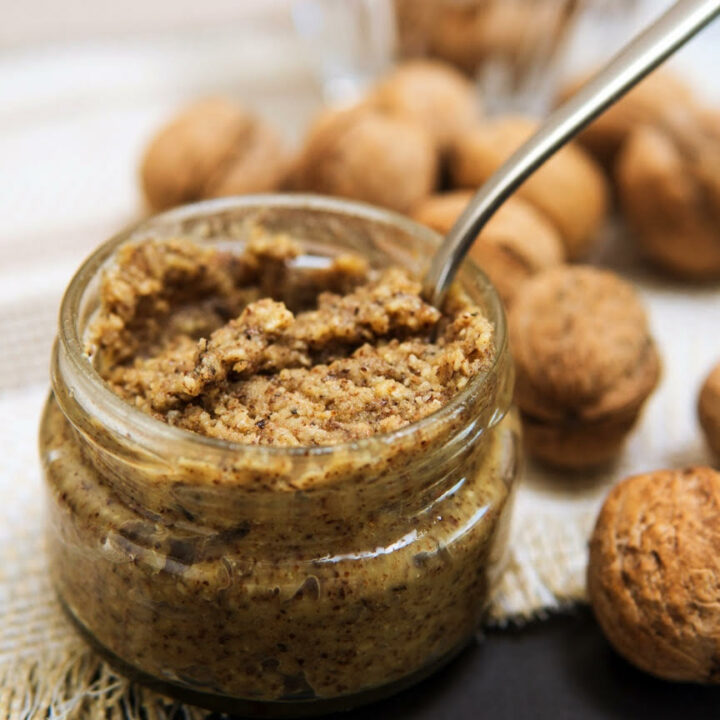
walnut butter
Ingredients
- 2 cups of raw walnuts
- 1-2 tablespoons of neutral oil (e.g., walnut oil, vegetable oil) - optional
- Pinch of salt (optional)
Instructions
- Preheat Your Oven: Preheat your oven to 350°F (175°C).
- Roast the Walnuts: Spread the raw walnuts evenly on a baking sheet in a single layer. Roast them in the preheated oven for about 8-10 minutes or until they become fragrant and slightly golden. Roasting the walnuts enhances their flavor, but be careful not to over-toast them, as they can become bitter.
- Cool Slightly: Remove the walnuts from the oven and allow them to cool for a few minutes. It's essential to let them cool slightly to prevent the oils from separating too quickly when you blend them.
- Blend the Walnuts: Transfer the roasted walnuts to a food processor or a high-powered blender or food processor. If you prefer a creamier consistency, you can add 1-2 tablespoons of neutral oil at this stage to help with the blending process. If you're watching your calorie intake, you can skip the oil.
- Start Blending: Begin blending the walnuts at a low speed, gradually increasing the speed as the nuts break down. You may need to stop and scrape down the sides of the container periodically to ensure even blending.
- Add Salt (Optional): If desired, add a pinch of salt to enhance the flavor. Blend for an additional minute or until the walnut butter reaches your desired consistency. If it's too thick, you can add a bit more oil or even a splash of water to achieve the texture you prefer.
- Taste and Adjust: Taste the walnut butter and adjust the salt or sweetness if necessary. Some people like to add a touch of honey or a drizzle of maple syrup for sweetness.
- Store: Transfer the homemade walnut butter to a clean, airtight container. It can be stored at room temperature for a short period but is best kept in the refrigerator to maintain freshness. Properly stored, it should last for up to a month.
Notes
Enjoy your homemade walnut butter on toast, in sandwiches, as a dip for fruits and vegetables, or as a versatile ingredient in various recipes!
Recommended Products
Glutto earns a tiny commission from qualifying Amazon purchases.
Did you make this recipe?
Please leave a comment on the blog or share a photo on Instagram
Walnut butter is a hidden gem in the world of nut butters, offering a unique flavor and an impressive array of health benefits. It can be a valuable addition to your diet, whether you’re aiming to improve heart health, boost brain function, or simply enjoy a delicious and nutrient-rich spread. Remember to consume walnut butter in moderation if you’re focused on weight loss, as it is calorie-dense, but don’t hesitate to explore the numerous ways you can incorporate this nutritious powerhouse into your culinary repertoire. Walnut butter may be underrated, but its potential to enhance your well-being is undeniable.









